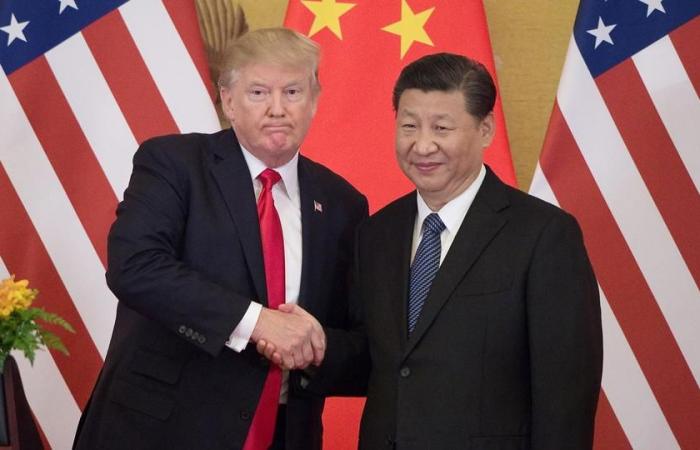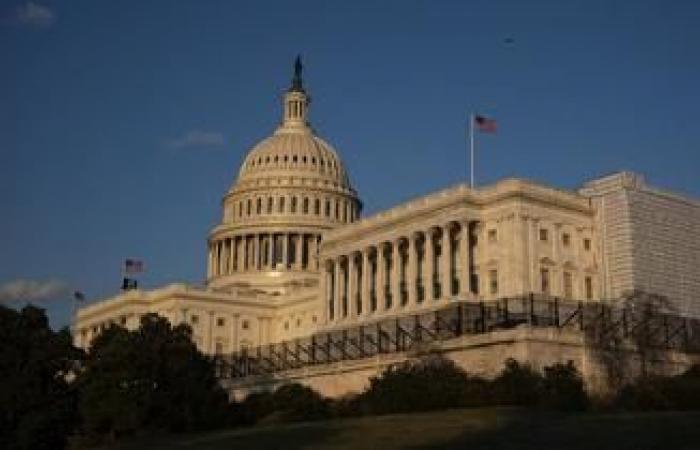Diplomatic relations between China and the United States are currently at a standstill. And the presidency of Donald Trump, with his desire to strengthen customs duties on imported products, should not really bring Washington and Beijing closer together.
The election of Donald Trump could reshuffle the cards in the diplomatic dialogue between China and the United States. After the election night which crowned her the winner, the Republican received congratulations from Chinese head of state Xi Jinping, calling on the two countries to “get along” and that “stable, healthy and lasting” relations between the two countries must remain so.
Another remark, however, sounded like a warning: there will be “no winners” in the event of a trade war.
And this is the problem at a time when trade between the two countries is at a standstill. The fault is the increase in customs taxes which crystallizes tensions between the two countries.
“Better opportunities and bigger risks”
In August 2019, Donald Trump launched hostilities in this trade war, with the establishment of 10% customs duties on a volume representing 300 billion dollars of imports from the Middle Kingdom.
“President Trump began his first term as an admirer of Xi Jinping, before imposing tariffs and vilifying Beijing during the pandemic,” said Daniel Russell, vice president for international security and diplomacy at the Asia Society Policy Institute, with CNN.
During his mandate, Joe Biden announced a massive increase in these taxes. Effective since September 27, they concern electric vehicles (going from 25% to 100%), metals and electronic chips.
“China’s unfair trade practices in technology transfer, intellectual property, and innovation threaten American businesses and workers. China is also flooding world markets with its artificially low-priced exports,” explained a White House press release to justify this increase.
What will be the trend for Donald Trump's second term? Maybe worse. The Republican made very aggressive proposals: 10% customs duties for all imported products and 60% if they come from China. Not enough to bring Beijing closer to Washington.
“The return of Donald Trump to power will certainly bring better opportunities but also greater risks for China,” analyzed Shen Dingli, a foreign policy analyst based in Shanghai. “How the two parties interact will determine whether it leads to more risks or more opportunities,” he also said.
Donald Trump, who will be inaugurated on January 20 as the 47th president, will still have to be wary of the impact of these measures. In an open letter dating from June 2024, a consortium of 16 economists considered that it was “legitimate to fear that Donald Trump will revive inflation”. A point which nevertheless got him elected against his Democratic rival, Kamala Harris.







